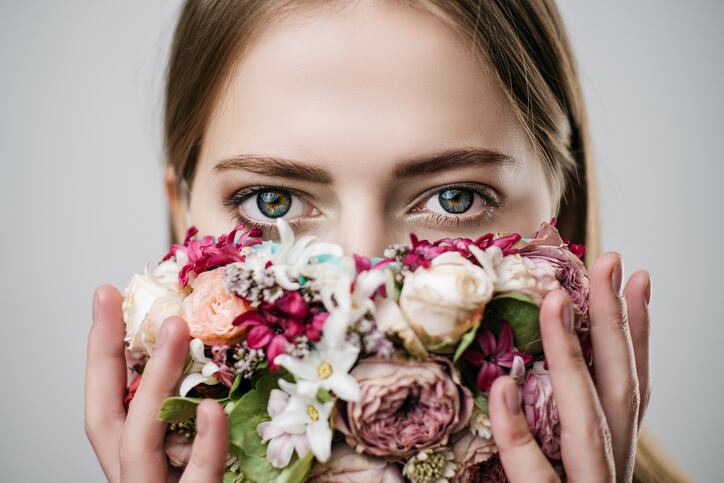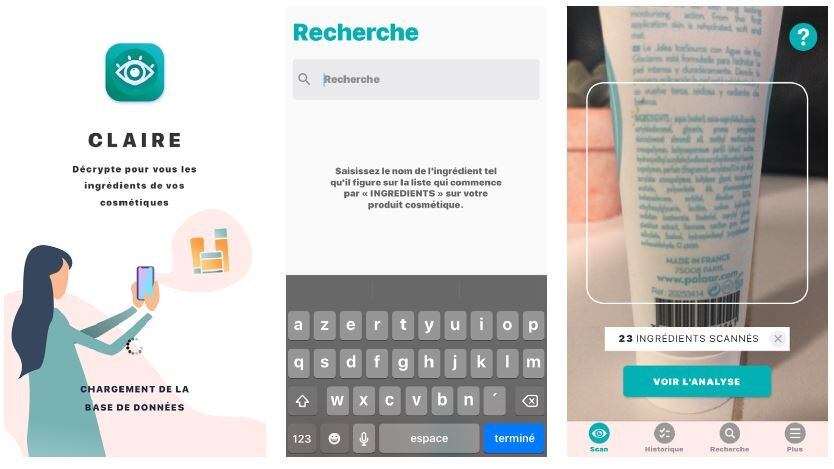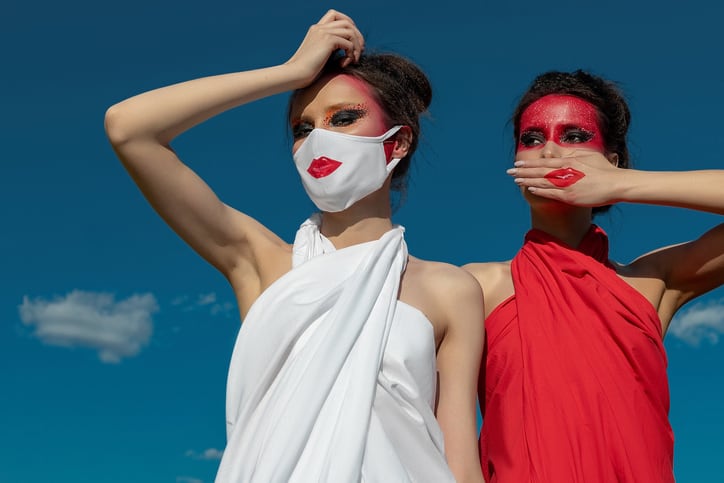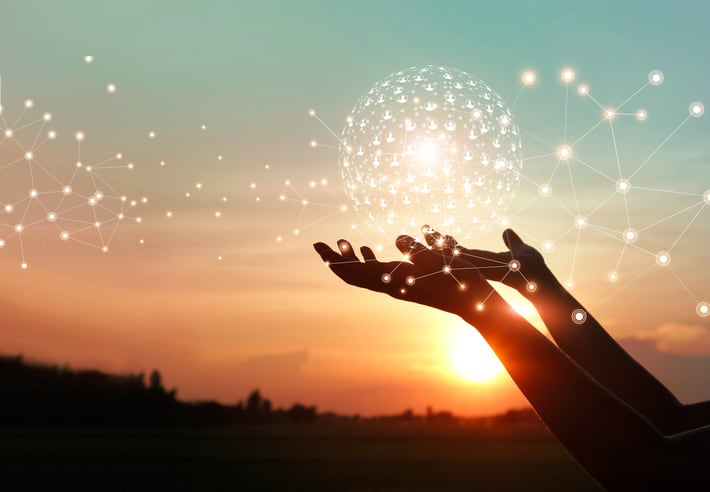Social media had, for some time now, been flagged as a source of concern in the beauty world because of the potential fast spread of misinformation. And a study conducted last year concluded brands had limited control over communications within their networks.
And as demands grow amongst consumers looking for honest and open communication directly from brands, international beauty major L’Oréal said it was more important than ever industry upped its efforts on transparency.
Conscious beauty – health and sustainability concerns soar amidst COVID-19
Speaking at a dedicated Transparency Summit for invited press members yesterday, Nicolas Hieronimus, deputy CEO and soon-to-be chief of L’Oréal, said: “Consumers expect full transparency from brands and companies.”
Particularly at a time when health was “everybody’s number-one priority” and sustainability was “more than ever an imperative” amidst the ongoing pandemic, Hieronimus said.
“The COVID crisis has increased many pre-existing concerns from consumers.”
And so this crisis, he said, presented an opportunity for L’Oréal to “stand up and be vocal” about its values, commitments and sense of purpose to offer “each and every person around the world the best of beauty in terms of efficacy, quality and safety”.
Julia Sarhy, global consumer insights director at L’Oréal, said: “Very concretely, when consumers are shopping a product, they’re looking firstly at the list of ingredients; secondly their origin; and thirdly, which has accelerated in the crisis, how this product will impact biodiversity and what the social impact is as well.”
“…If I could sum up this trend, that’s what we call conscious beauty. Being conscious means: you’re taking care of yourself but also for the environment around you – that’s the whole purpose we are putting at the forefront of all our communications today,” Sarhy said.
Consumers not expecting ‘the beautiful story’ but ‘the truthful story’
Importantly, she said beauty consumers were now looking for very specific brand communication and messaging. “Consumers are not expecting us to tell the beautiful story, they’re expecting us to tell the truthful story.”
“…In today’s hyper-connected world where fake news [is] expanding everywhere on various topics, consumers are more and more challenging the accuracy of data,” Sarhy said during the Transparency Summit press event.
Hieronimus agreed: “Consumers are exposed to many sources of information regarding the ingredients and formulas of beauty products. And this information can sometimes be incomplete, biased or just unreliable because it’s not backed up by science, and that is fuelling their anxiety.”
Transparency in today’s beauty market was therefore increasingly important and relevant, they said.
Sarhy said many beauty consumers were now “decoding science” online and expecting “greater transparency” from brands on everything related to a product, from its safety and sustainability the its overall social impact in the wider supply chain.
“Today, putting iconic faces to our products is not sufficient. What consumers are expecting is data and more educational content,” she said.
L’Oréal transparency push to continue as it transitions to green sciences
L’Oréal had already kickstarted efforts to be more transparent with consumers, launching its consumer-facing Inside Our Products website in 2019 to detail product composition and ingredients in “clear and simple” way, Hieronimus said. Today, this website was now available in 45 countries and eight languages “to benefit consumer demands everywhere”, he said.
L’Oréal would continue this drive to communicate science-based facts to its consumers, he said, particularly as it pushed ahead with a company-wide transition to green science – part of its For the Future 2030 sustainability plan.




